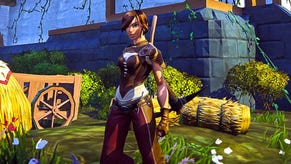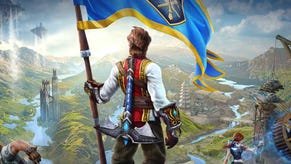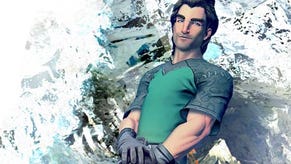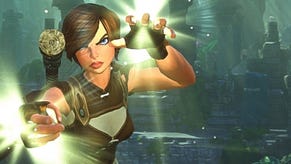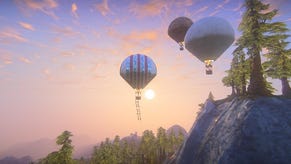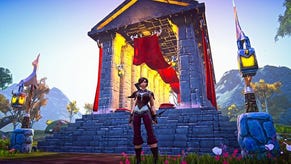Greener Pastures: When Your Favorite Developer Moves On
How do you feel when your favorite developer leaves your favorite series behind?
This article first appeared on USgamer, a partner publication of VG247. Some content, such as this article, has been migrated to VG247 for posterity after USgamer's closure - but it has not been edited or further vetted by the VG247 team.
At which point does a studio cease to be? What is the dividing line between a development studio or publisher you love and another company wearing its skin?
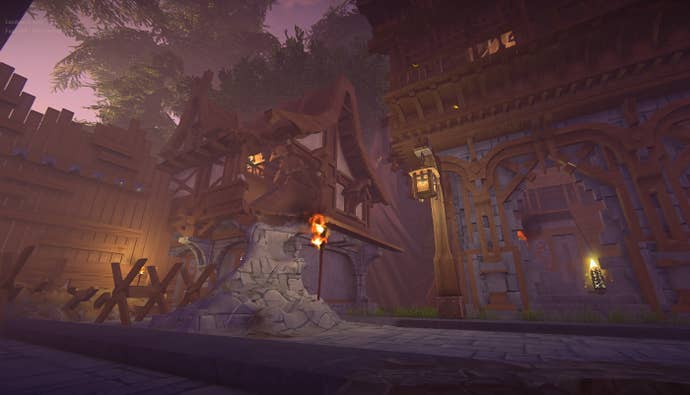
This week Daybreak Game Company, formerly known as Sony Online Entertainment, said goodbye to a number of people I considered to be integral to their ongoing operations. Everquest franchise director David Georgeson and director of community relations Linda Carlson were the faces of the ongoing development of Everquest Next and Landmark; both were laid off earlier this week. I enjoyed talking to Georgeson in particular; he always seemed to be very enthusiastic about his vision for Landmark and Everquest Next. EverQuest Next lead content designer Steve Danuser was also laid off. Planetside 2 producer David Carey left Daybreak and was followed by Planetside 2 creative director Matt Higby today, who resigned from his position.
Carey and Higby were gracious in their farewell statements.
"[Daybreak's new owner] Columbus Nova deserves no hate in all this," wrote Carey in a Reddit farewell. "They are more like white knights than negative forces here. SOE needed a shake up/new direction, and CN provided that. They have done nothing but been gracious in their new ownership, and they went out of their way to make sure that Devs and support teams that got laid off were taken care of. Right now things seem shitty, and of course for the folks that were let go, today was rough, but CN and DB were both very open about the need for restructuring. This wasn't a surprise to folks in the company."
"Today was my last day on the Planetside 2 team and at Daybreak games. This is a move I've been considering for a while now, and the reorganization provided the right opportunity for me to exit," said Higby in his own post. "Planetside 2 is in great hands, with terrific people who honestly care about the game and the players. I can't stress this enough, the folks working on every aspect of the game, developers, marketing, community are talented, hard working people who care more than you can imagine - I'm fully confident they're going to do an amazing job on the next leg of the journey."
I'm not dwelling on the loss of these specific developers, they were just major faces at the company. The titles they worked on will continue on under new stewardship; they could be better or worse for the loss of these developers. We'll see what happens with Everquest Next, Landmark, and Planetside 2 in the future.
In our industry, we have a tendency to tie the creative legwork of a title to a core group of people, despite these games frequently being the work of hundreds. This core group are the directors, writers, and producers; the people we see in interviews, YouTube videos, and Twitch streams. It's not hard to see how fans can tie a specific person's presence to their concept of a series.
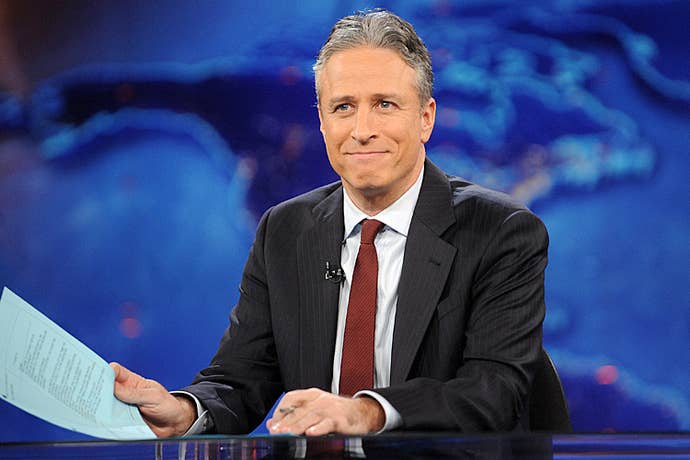
To use a mainstream example, Jon Stewart announced earlier this week that he was retiring as host of The Daily Show later in 2015. As the host, Stewart isn't the only person that works to make The Daily Show what it is, but my concept of the show is tied to his person. What comes after will be a different Daily Show, carrying the name forward in a new direction.
Certain people transcend being just a person working in collaboration with others. For better or worse, they become the human avatar of a product. Sometimes its because they're the most outspoken or visible person on the development team; other times they are the one driving the vision forward. What's a Legend of Zelda game without Aonuma or a Smash Bros without Masahiro Sakurai? Will the new Mass Effect be the same without Casey Hudson? If you were a hardcore Tekken fan, what would you say if Harada left Namco Bandai tomorrow? What's Castlevania without Koji Igarashi? Where would Assassin's Creed have gone if Patrice Desilets had remained creative director of the series? Is Maxis the same without Will Wright? God forbid, what will we do when Kojima actually stops making Metal Gear games?
The industry has a certain amount of churn. Not many people want to spend multiple decades of their life working on a single universe. Eventually, people take their success and move onto passion projects. Some studio heads and veteran creators leave behind a studio culture that persists long after they're gone, but that's not always the case. So when do the companies and properties they built cease to be the same? When do they become something else with the same name?
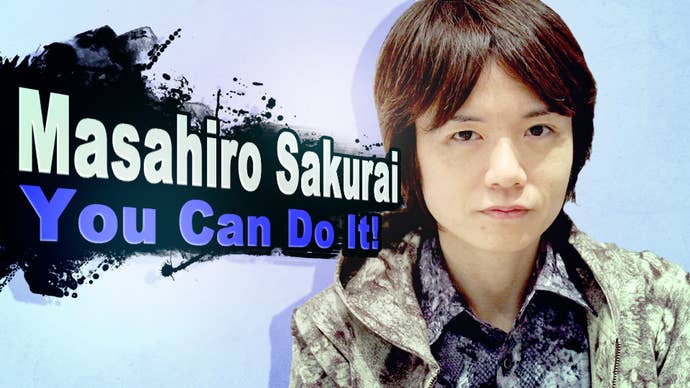
Perhaps you've seen this common sentiment: "That's not really XXXX anymore" or "That's not the XXXX I know and love." Is Sega now the same as Sega a decade ago? I have a few friends that clearly delineate between the Squaresoft that created Final Fantasy IV, Final Fantasy VI, and Chrono Trigger and the multi-national publisher that is Square-Enix. We just joked about the current state of Konami on this week's podcast. Many people think classic Bioware ceased to be when two of the studio's co-founders, Ray Muzyka and Greg Zeschuk, finally retired in 2012. Others say it died when EA acquired the company.
These lines aren't etched in stone. It's about your personal relationship with a brand or studio. Yes, that sounds a bit odd, saying you have a personal connection with concepts or groups of people, but it's true. These games and the companies that create them are important to us. I personally think change is good and I like seeing other creators play within a series concept, but I understand it can be hard for some people. One day you're hearing stories from a friend and the next you're hearing stories from someone wearing their skin. It can be jarring and for some, it marks the perfect time to exit from a series gracefully.
So I pose this question to you: When does a studio or series change for you and become unrecognizable? What are the clear delineations that you have in your gaming past and how did they come to be? Who could leave your favorite studio tomorrow and change your perception of a game or series?


